As the complexities of life grow, so does the need for strategies to navigate them with grace and fulfillment. Living a meaningful, content life is not as elusive as it seems. Through strategic approaches, a fulfilled life becomes an achievable reality. The following are valuable tips for a fulfilled life that can help kick-start this journey.
- Embrace Self-Acceptance: Acknowledge personal strengths and weaknesses as part of personal growth.
- Adopt Healthy Eating Habits: Consuming balanced meals boosts energy levels and overall health.
- Incorporate Regular Exercise: Fitness activities assist in maintaining physical health and mental clarity.
- Cultivate Strong Relationships: Building and maintaining healthy relationships contribute to emotional well-being.
- Practice Gratitude Regularly: Appreciating life brings about positivity and happiness.
- Nurture Emotional Wellness: Handling emotional upsets tactfully reduces stress and promotes calmness.
- Invest in Self-Care: Prioritizing personal needs aids in fostering self-love and confidence.
Integrating these tips for a fulfilled life into daily routines can result in an improved quality of life, marked with peace, satisfaction, and joy.
A Conclusion on Implementing Tips for a Fulfilled Life
Ultimately, the journey towards a fulfilled life begins within oneself. It’s about embracing self-love, maintaining physical health, nurturing relationships, and practicing gratitude. Each step taken is critical to fostering overall well-being and happiness.
Remember, it’s crucial to be patient with oneself during this process. Change takes time but consistency will undoubtedly pave the way to a more fulfilling life.
Seeking personal growth, setting achievable goals and maintaining emotional wellness are all crucial parts of this journey. Investing time and energy into these areas will undoubtedly yield a more enriched and fulfilled life.
1. Embrace Self-Acceptance
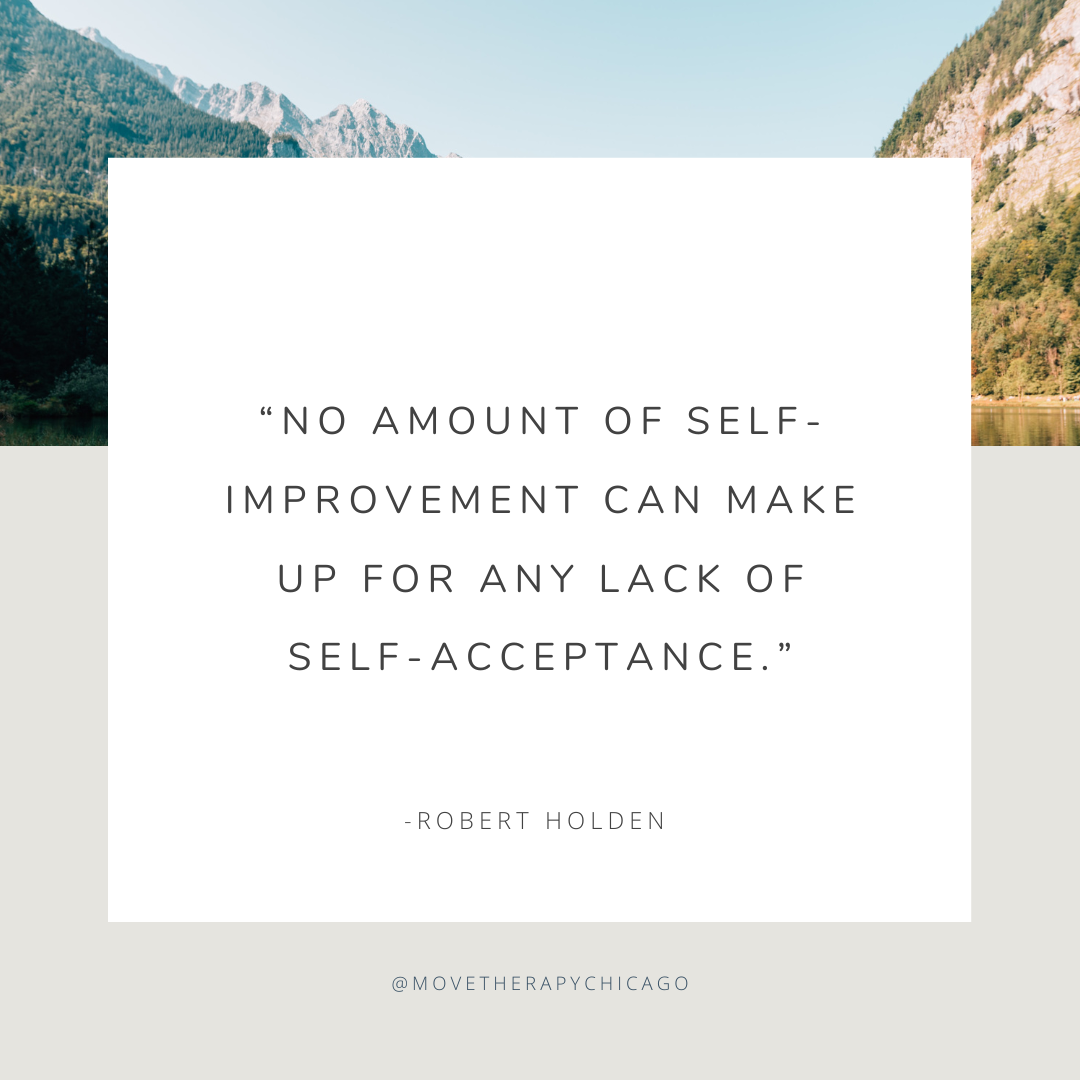
How can forgiving oneself contribute to self-acceptance?
Self-forgiveness is essential for self-acceptance. It involves taking responsibility and feeling remorse, ultimately leading to restoration and renewal.
What role does self-compassion play in accepting oneself?
Self-compassion involves treating oneself kindly and with understanding. It helps put things into perspective and promotes healthy behaviors like meditation and eating right.
Why should one practice mindfulness for self-acceptance?
Mindfulness helps maintain focus on your purpose and guides your actions. It involves setting daily goals and leads to a fulfilled life.
How can acknowledging your abilities enhance self-acceptance?
List your strengths and read them out loud. This practice boosts self-confidence and fosters acceptance of one’s abilities.
Why should we ignore our inner critic?
Your inner critic may spread negativity. Listen to it without judgment, then comfort yourself as you would a friend in a similar situation.
How can cultivating an accepting inner circle help with self-acceptance?
An accepting inner circle provides support. Regular interaction with such individuals or online groups can greatly enhance self-approval.
Why is it important to move on from unsatisfied aspirations?
Moving on allows closure and creates room for new goals. It’s healthy to feel disappointed, then mentally close that chapter and advance forward.
How can we gain perspective on our limitations?
Understanding that circumstances, relationships, and others’ behavior may shape your self-perception is crucial. Practice self-forgiveness, compassion, and mindfulness to improve acceptance.
Why should we connect with loved ones for self-acceptance?
Spending time with people who cherish you exactly as you are is critical for self-acceptance. Their support can provide a comforting outlet for your thoughts and concerns.
For more information on this topic, check here. Remember, accepting all aspects of yourself, including both strengths and weaknesses, is the key to self-acceptance.
2. Adopt Healthy Eating Habits

Healthy eating seems daunting to many, often perceived as time-consuming and lacking in flavor. However, this is a misconception that can be overcome with some effort.
Begin by self-evaluating your dietary habits. By recording what you consume for a week, including meal timings and quantities, you can determine where improvements are needed.
Small, manageable changes can make a big difference. For example, reduce soda consumption gradually, replacing it with healthier alternatives like seltzer water mixed with juice.
| Ideas | Benefits |
|---|---|
| Adopting a Vegetarian Day | Promotes diversity in diet and adds more fruits, vegetables, and grains into meals. |
| Expanding Good Habits | Incorporate more of the healthy foods you already enjoy into your meals. |
| Cooking New Recipes | Finding easy, step-by-step recipes online can assist in making cooking less intimidating. |
| Trying New Foods and Cuisines | Expanding your palate will give you opportunities to discover healthy foods you might grow to love. |
| Don’t forget to make these changes gradually for lasting effects. | |
Enlisting friends and family for their favorite dishes or cooking together can also make the process more enjoyable.
Nutrition expert Teresa Fung emphasizes the importance of an adventurous spirit. Try out new ingredients, meals, and cuisines and make healthy eating an exciting part of life.
Remember, healthy eating is not just a short-term goal but a sustainable lifestyle change.
3. Incorporate Regular Exercise

Exercise is a vital aspect of a fulfilled life, aiding in weight control, sleep improvement, and energy increment. You expend calories during workouts which helps maintain your weight.
Engaging in regular physical activities can enhance sleep quality, accelerating your sleep cycle, and deepening your slumber. However, avoid exercises close to bedtime to prevent excessive energy that may hinder sleep.
Staying physically active can boost your confidence about your physique and foster a positive self-image. This can potentially elevate your intimate life.
“Physical activity also can help you connect with family or friends in a fun social setting.”
Exercise doesn’t have to feel like a chore; find something you enjoy doing. You could join a soccer team, take a dance class, or go hiking. If you’re feeling uninspired, try something new or engage in activities with friends or family.
The U.S. Department of Health and Human Services recommends 150 minutes of moderate aerobic activity or 75 minutes of vigorous aerobic activity weekly for most adults.
For optimal health gains, consider exercising for approximately 300 minutes per week at a moderate pace. These activities could include biking, brisk walking, or swimming. More intense options encompass running and aerobic dancing.
Always remember to consult with a healthcare professional before beginning any new physical fitness programs. Especially if you have chronic health issues like heart disease, diabetes, or arthritis.
You can check out more details on the benefits of incorporating regular exercise in our daily life here.
4. Prioritize Adequate Sleep

If you’re struggling to fall asleep, or staying asleep is a constant battle, you might be suffering from poor sleep hygiene. This refers to both your sleep habits and the environment in which you sleep.
Good sleep hygiene can greatly improve the quality and quantity of your sleep, leading to improved productivity and overall wellness. It applies to everyone, from children to older adults.
- Set a strict sleep schedule: Consistency in your sleeping hours is crucial for better sleep.
- Adopt a bedtime routine: A relaxing pre-sleep routine helps signal the body that it’s time for rest.
- Create an optimal sleep environment: Your bedroom should induce sleep. A comfortable mattress and pillow, coupled with suitable sheets and blankets make a huge difference.
An ideal sleeping environment also includes keeping the room temperature around 65 degrees Fahrenheit. Reducing light and noise can boost your sleep experience. You might consider using heavy curtains, an eye mask, or even earplugs. Some people find that white noise machines or calming scents like lavender can help create a restful atmosphere.
Poor sleep hygiene is often indicated by daytime sleepiness, frequent sleep disturbances, and inconsistency in sleep quantity or quality. While good hygiene won’t necessarily cure all your sleep problems, it can play a critical role in improving your sleep quality.
To learn more about the importance of good sleep hygiene and how to achieve it visit SleepFoundation.org.
5. Cultivate Strong Relationships

Fostering good relationships can significantly improve your overall life fulfillment. Among the most effective strategies is routinely connecting with old friends.
Understanding Emotional Intelligence
Enhancing emotional intelligence is crucial in personal relationships. It aids in empathizing, understanding, and effectively communicating with others, thus strengthening bonds.
Maintaining Constant Communication
Communicating regularly with friends and loved ones plays a critical role. Small gestures such as messages or calls can keep the bond strong and vibrant.
Revisit Old Connections
Reaching out to long-lost friends can rekindle the friendship and add value to your social circles. These connections often have a profound impact on our self-development.
For more in-depth strategies on developing stronger relationships, visit Psychology Today.
The value of cultivating strong relationships cannot be overstated. These relationships significantly enhance our sense of belonging, improving our emotional wellbeing and ultimately leading to a more fulfilled life.
6. Practice Gratitude Regularly
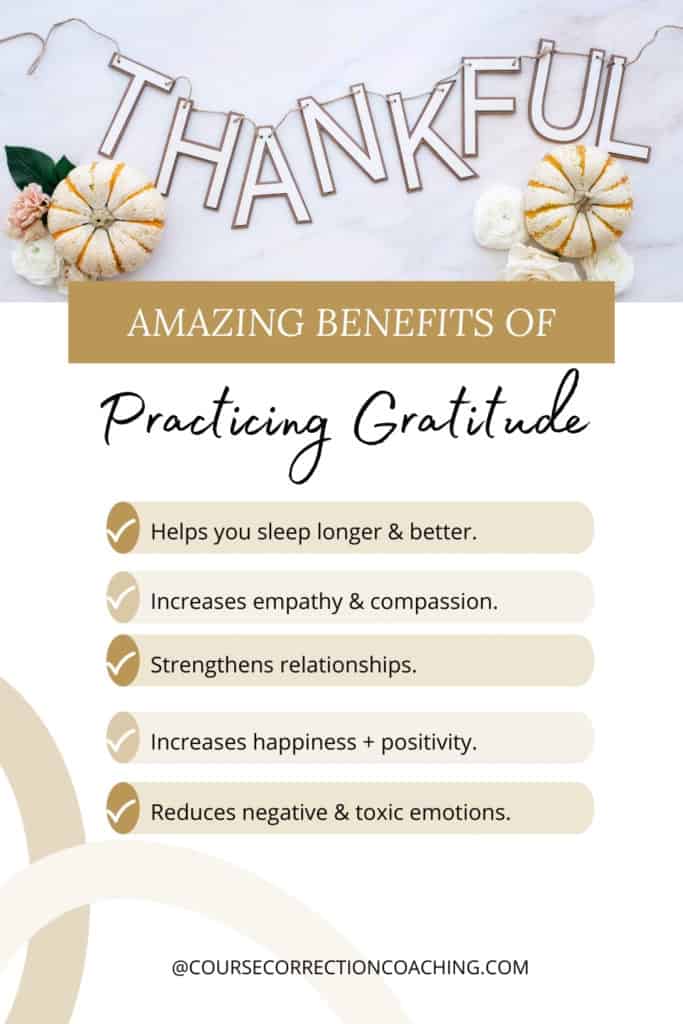
Various gratitude practices have been studied extensively, shedding light on their impact on our well-being.
A study conducted by University of California researchers involved nearly a thousand Australian adults.
The participants engaged in different gratitude exercises daily for a week.
- Writing unsent letters of gratitude to someone they were thankful for.
- Creating essays about non-human things that sparked thankfulness within them.
- Making lists of entities that incited feelings of gratitude.
- Simply documenting their daily activities, serving as the control group.
The individuals answered surveys assessing various facets of their lives, such as satisfaction and emotional states.
Data collection occurred before, after, and one week following the experiment.
The findings revealed writing gratitude letters had the most profound effect-
this activity resulted in heightened levels of gratitude, elevation, positive emotions, and interconnectedness than the control group.
Interestingly, lengthy writing tasks (letters and essays) seemed more beneficial than brief ones (gratitude journaling).
Gratitude letters also led to an increased feeling of indebtedness in comparison to other practices.
However, these benefits were fleeting and minimal, implying consistent practice is crucial for sustained effects.
You can learn more about this fascinating study here.
Make Gratitude a Habit
To gain maximum benefit from these practices, it’s essential to cultivate regularity.
Making gratitude a consistent ritual can significantly enhance your life.
These exercises can be incorporated into daily routines-
you could write a letter each morning, or reflect on things you’re grateful for each night.
With time, this habit will become second nature and an enriching part of your life.
Remember, practicing gratitude is about acknowledging the goodness around us-
it’s about appreciating life’s simple pleasures and moments of joy.
The act of positivity encourages us to recognize our blessings,
and in doing so, we cultivate a more fulfilling and happy existence.
7. Find Purpose in Work

Feeling uninspired and unfulfilled can be a sign that you’re lacking purpose in your work. Nurturing a sense of purpose requires some proactive steps.
First and foremost, allocate time for self-care. Whether it’s meditation, physical exercise, or taking meaningful breaks, prioritize activities that feed your soul and elevate your mood.
- Change your perspective: Try to see the bigger picture of your role and its impact on the overall business or society at large.
- Cultivate gratitude daily: This practice mitigates stress and fosters positive emotions
- Clear up your values: Identify the things that matter most to you and ensure that these align with your team’s mission.
- Grow through learning: Establish growth goals and engage in skills training to expand your capabilities.
Routinely reassessing these actions will ensure you maintain alignment with your higher purpose at work. Not only will it catapult your creativity and engagement levels, but it will also guide you towards a fulfilled life.
8. Seek Out Learning Opportunities
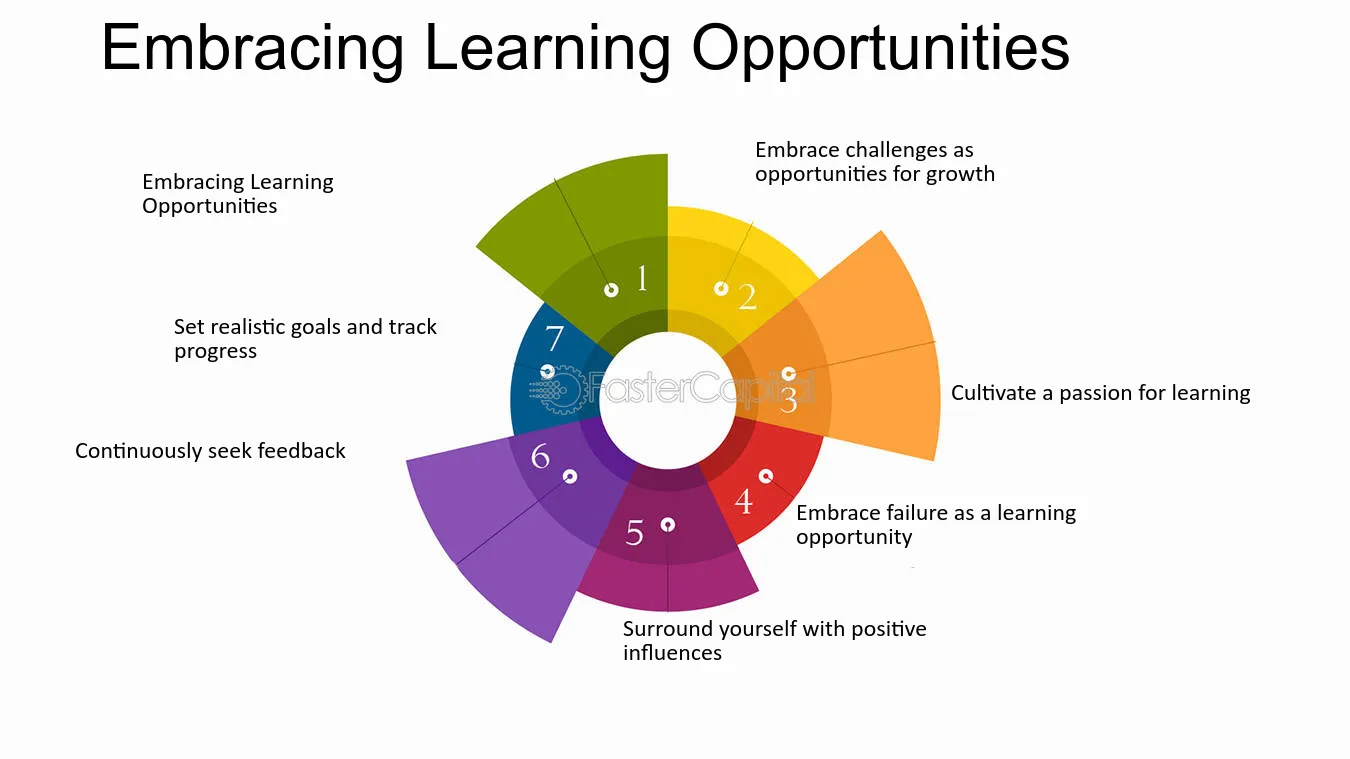
Learning opportunities are all around us and play a vital role in living a fulfilled life. They inspire curiosity and motivate us to develop our knowledge.
Fulfillment Through Learning
Tasks that hold real-world significance provide the most meaningful learning experiences. They promote engagement and push us to extract more from the learning process.
Promoting Deep Learning
Education isn’t just about passing a test or ticking boxes in academia. It’s about pushing boundaries, solving problems creatively and communicating effectively.
Our soft skills, like collaboration and persistence, are just as much part of the learning journey as any academic standard.
Designing Meaningful Experiences
The power of intentional instructional design lies in its ability to guide students towards critical thinking and problem solving.
This approach promotes the exploration of concepts and the development of life-affirming solutions.
Actionable Steps for Deeper Learning
To cultivate a culture of deeper learning, teachers should be empowered to design authentic and purposeful lessons. This move helps achieve higher levels of learning.
9. Maintain Regular Checkups

Keeping a tab on our health through regular checkups plays a significant role in leading a fulfilled life. These examinations can detect issues at early stages and prevent major health complications.
Here are some standard tests that should be part of your routine health assessment:
- Colon or Rectum Examination: This test checks for tissue growths, and you should start this routine from age 45 if you’re not at high risk of cancer.
- Fecal Immunochemical Test (FIT): It detects blood in stool, recommended to be done annually.
- Routine Diabetes Checks: A simple test measuring blood glucose levels. Start routine testing from age 45, but earlier if you have health issues like obesity, hypertension, or high cholesterol.
- Skin Self-Exam: Checking for skin changes monthly can early detect skin cancers, essential if you or your family have had skin cancer before.
If you are a senior woman or man, bone density tests should be considered. They help detect osteoporosis, a condition where bones become fragile over time.
A mammogram is a breast X-ray test usually recommend starting from age 40 or 50, depending on your doctor’s advice. Frequency may range between every year to every two years.
Pap test checks for cervical cancer; you should have a discussion with your doctor about it around the age of 21. Other checks include prostate gland examination for men and dental checkups to maintain oral hygiene.
For more detailed information on the specific checks needed, you might find this WebMD article useful. Remember, early detection is the key to successful treatment, and hence regular checkups should be an integral part of health management.
10. Nurture Emotional Wellness
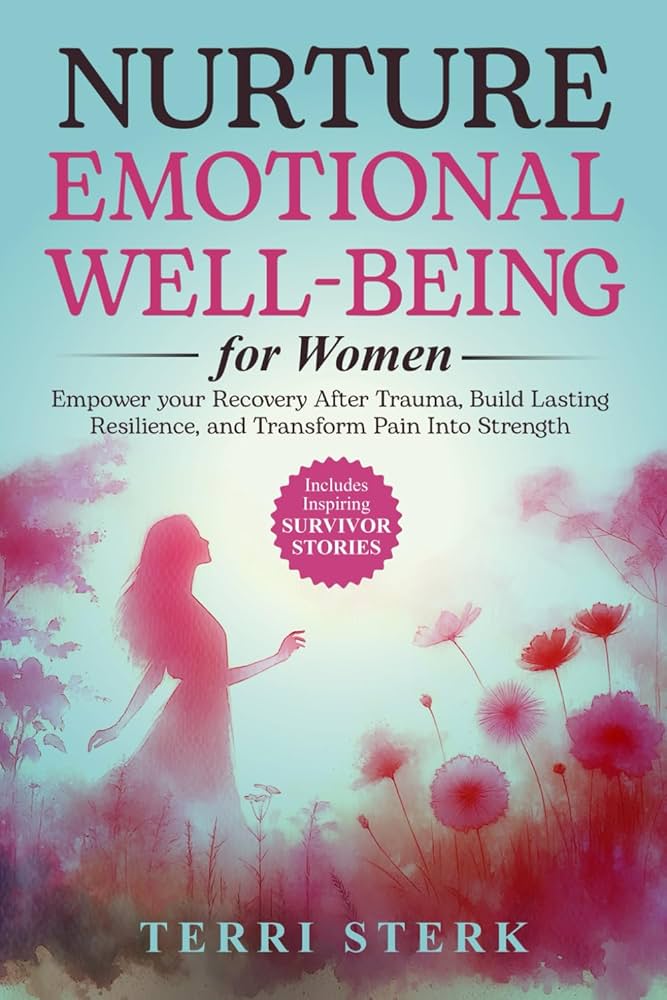
Emotional wellness is essential for a fulfilled life. It’s not just about being happy or positive all the time, but about understanding and being in tune with your emotions.
Here are some practical tips to nurture emotional wellness, inspired by information from Mind:
| Tip | Description | Benefit |
|---|---|---|
| Relax and reduce stress | Find ways to unwind, like reading a book or taking a bath. | This helps keep your mind calm and focused. |
| Be creative | Pick up a new hobby, learn to play an instrument, or write in a journal. | Creativity provides a healthy outlet for emotions. |
| Connect with others | Spend quality time with friends, join a club or organization. | Social interaction can elevate mood and foster a sense of belonging. |
| Care for physical health | Eat nutritious foods, engage in regular exercise, prioritize sleep. | A healthy body contributes to positive mental health. |
| Have a self-care kit | Include comforting items like favorite books, stress balls, or photos. | Great for boosting spirits when you’re struggling emotionally. |
| Remember: Everyone’s journey to emotional wellness is unique. Take small steps and be patient with yourself. | ||
You might have different energy levels on different days, and that’s okay. Take care of yourself according to your pace and comfort.
Drinking enough water, eating properly, and abstaining from harmful substances are also vital for nurturing emotional wellness. Do remember, what works best for you may not be the same as for everyone else.
Finally, build physical activity into your daily routine. It doesn’t have to be something grand; even a walk at lunchtime can do wonders.
Emotional wellness is an ongoing journey. Try to establish a daily routine and take it one step at a time. Remember to always be kind to yourself throughout the process.
11. Invest in Self-Care
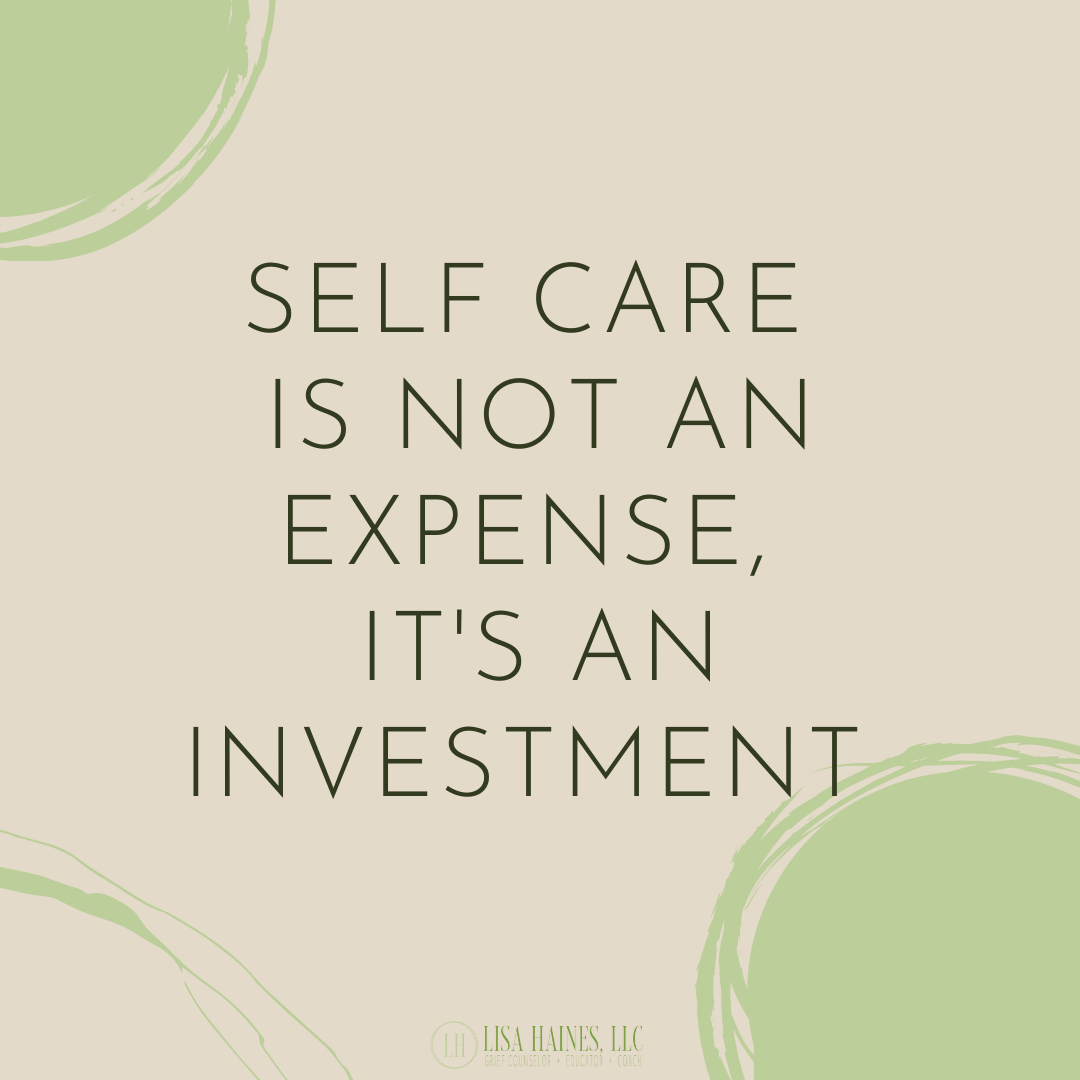
Everyone is worthy of investing in self-care. It’s not about indulgence, but recognizing your needs and prioritizing them.
The significance of self-care lies in the fact that it contributes to a healthier and happier lifestyle.
Self-care means different things to different people. For some it may be a luxurious bath, for others a quiet walk in nature.
Your personal self-care routine should reflect your needs and preferences. It should make you feel refreshed and rejuvenated.
It’s essential to dedicate some time to yourself, to do things that make you happy and relaxed.
You don’t need to spend a fortune on self-care. Sometimes, simple activities like reading a book or taking a nap can have a great impact on your wellbeing.
Maintaining a regular self-care routine can help manage stress and improve mental health. It’s not selfish, it’s necessary for your wellbeing.
Dedicating time for self-care promotes better health and productivity. It allows you to recharge and refocus, enhancing your overall performance.
Last but not least, remember that it’s okay to take time off for yourself. You deserve to take care of your own needs and wellbeing.
For more insights on the topic, visit self.com.
12. Set Achievable Goals
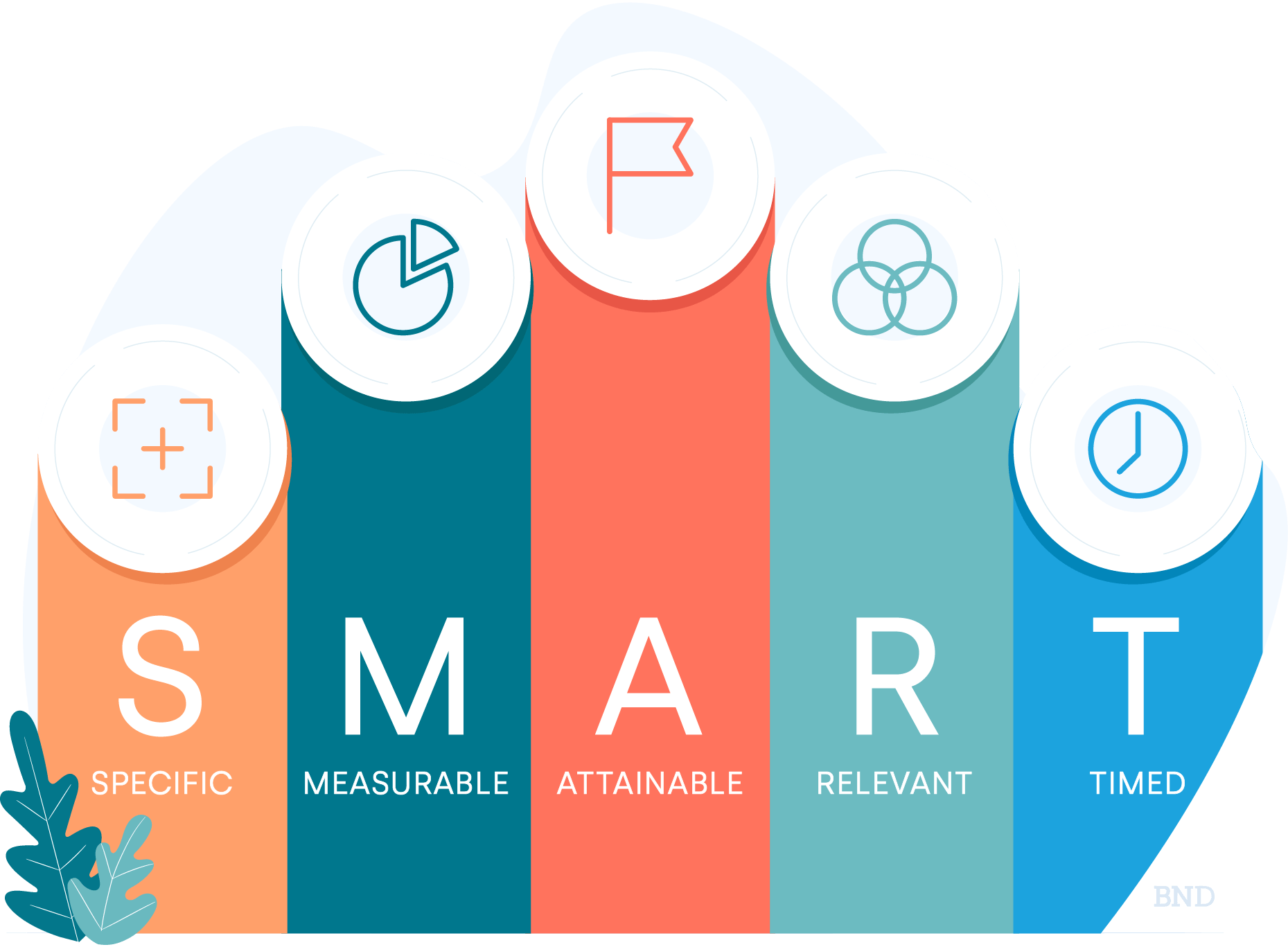
It’s crucial to set achievable personal or business goals. A well-structured plan is the foundation of success.
SMART Goals Planning
Utilize reliable templates like SMART goals planning. They are customizable, free, and easy to use.
Weekly Assessments
Monitor and evaluate your weekly objectives. Adjust your plan based on your assessment for continuous improvement.
Monthly Progress Tracking
Keep track of monthly goals regularly. This process will effectively showcase your progress and areas that need improving.
Apart from long-term goals, consider setting daily objectives as well. It keeps you motivated and focused throughout the day.
If weight loss is your goal, make use of specific tracking templates. They’ll keep you accountable and rooted in your fitness journey.
Battle procrastination with strategic planning. A procrastination management worksheet might be a great ally here.
In essence, setting achievable goals centers around well-devised strategies and constant checking. Only then can you steadily move towards fulfilling life.
Embrace Fulfillment
In conclusion, leading a more fulfilled life involves maintaining a positive mindset, prioritizing personal growth, fostering healthy relationships, focusing on health and wellness, and finding joy in the simple things. Every tip serves as a stepping stone on the path to a rich, rewarding existence.
